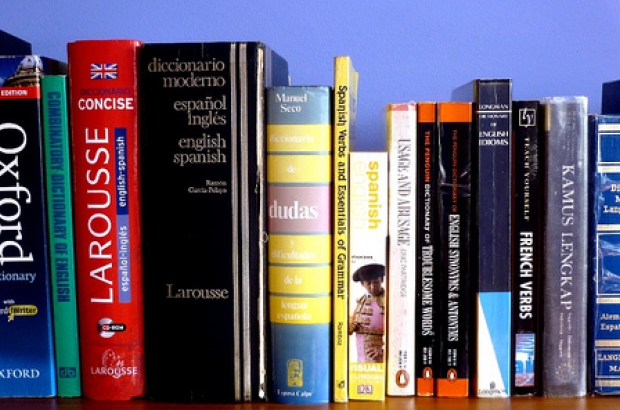- Daily & Weekly newsletters
- Buy & download The Bulletin
- Comment on our articles
Belgians among top 10 best non-native English speakers in world
Belgians on average have a very high proficiency in speaking English, according to the 2023 English Proficiency Index from Education First (EF).
While the country as a whole fell 12 points and one place in the rankings, it still maintains its spot in the top 10 at number seven out of 113 countries scored.
The Netherlands came in first place, just as it did in 2022, with Singapore just behind followed by Austria, Denmark, Norway and Sweden. Portugal took eighth place and South Africa and Germany rounded out the top 10.
“The population-weighted worldwide average English proficiency level among adults has not changed since 2011, but looking back over the past decade, the picture is not one of a world in which everyone’s English stays about the same,” EF said in its report.
“Instead, gains in one group are offset by losses in another, as circumstances change and priorities shift.
"We’re a long way from the catastrophic predictions of worldwide English hegemony, but we’re also no nearer to equalising access to the opportunities speaking English affords.”
In Belgium, West Flanders had the highest proficiency score at 682, with the top cities being Ghent and Leuven, both with a score of 696.
The best English-speakers in Belgium are people between the ages of 26 and 30, whose scores on average are 650.
Scores take into account factors such as the ability to use nuance, read high-level texts and negotiate with native speakers.
Those who score in the category of "very high", as Belgians did on average, are said to be able to “use nuanced and appropriate language in social situations, read advanced texts with ease [and] negotiate a contract with a native English speaker”.
But English proficiency in Belgium varied dramatically by region, with the scores of Flemish people largely carrying the national average into its place in the highest category. Flemish speakers scored 660 points on average, well ahead of Walloons (531) whose native language is French.
Having French as the native language seemed to be tied to lower English-proficiency scores. France was 43rd on the list with a score of 531 and the French-speaking regions of Switzerland scored low (523) as well, but that country managed to reach 30th place thanks to the scores of bilingual or German-speaking residents, similarly to how high Flemish averages made up for French-speaking Belgians’ low scores.
“Starting from an already high base, the longer-term trend in Europe has been one of steady improvement, both in and outside the EU," the EF report found.
"Still, several of Europe’s largest economies (France, Spain, Italy) have not reached the same proficiency level as their neighbours, and some of the highest proficiency countries in Northern Europe have gender gaps in favour of men of more than 40 points.
“Despite dominating the top of the index, Europe is in a bit of a slump this year with a number of high and very high proficiency countries reporting slightly lower scores.”
Fluency in English in Brussels (with a score of 574) was rated “good”, while it was “average” in Wallonia. There, the provinces of Liège (544) and Namur (505) were recorded to have the lowest English proficiency.


















